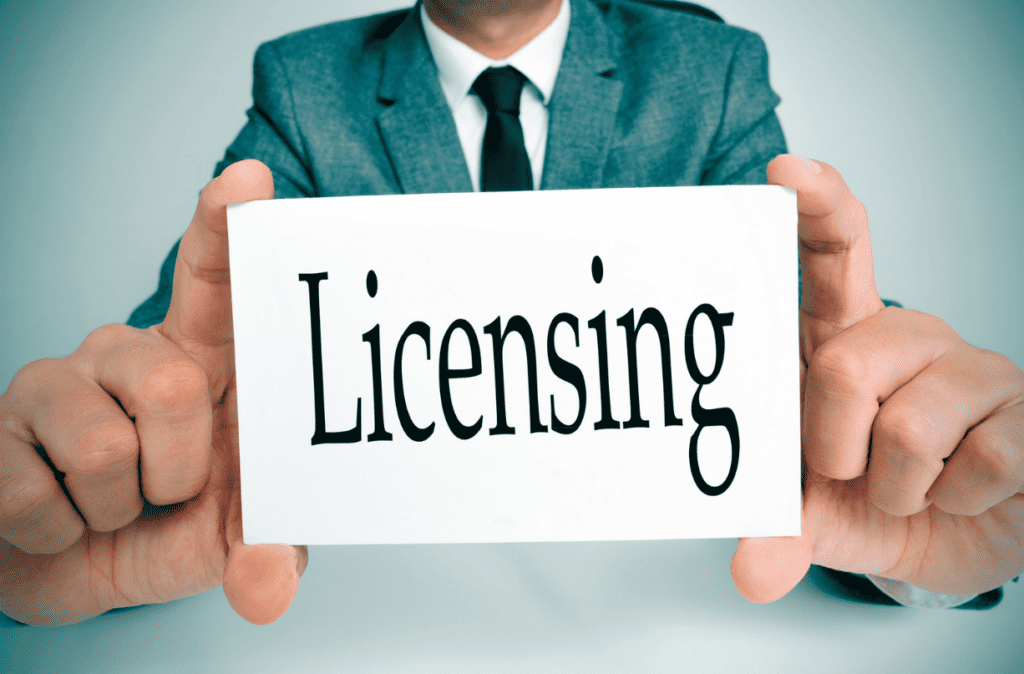Recent numbers show that Virginia’s housing market is booming. The market has experienced steady growth in both residential and commercial properties. Most of this growth is because of its proximity to Washington, D.C., and a thriving tech sector in Northern Virginia.
Table of Contents
Areas like Fairfax and Arlington are also benefiting from the robust job market fueled by government agencies and tech firms. This has led to robust demand for housing, driving up property values and boosting new construction projects.

Virginia’s coastal areas, such as Virginia Beach and the Eastern Shore, appeal to tourists and homebuyers looking for waterfront properties or retirement homes. VA’s dynamic realty industry is a dream for any prospective realtor.
Herein, we will tell you everything about becoming a realtor in VA. The guide will also include a cost breakdown of how much you will spend on a Virginia realty license. At the end is an informative FAQ section to answer some essential queries.

Going Back to School
Completing the mandated hours in the pre-licensing curriculum is your first step into becoming a realtor. This program is offered by various online and physical schools accredited by the state to provide study plans tailored to the curriculum.
The course is 60 hours long and will introduce various topics. You will learn about laws, ethics, contracts, finance, and other subjects that will prepare you for the Virginia real estate license test. After successfully finishing the course, you will get a certificate from the learning institution.
It’s Exam Time
Sitting for the test is a stage that applicants dread the most. The exam is divided into federal and state with the pass mark set at 70%. It is okay to get exam fever when preparing to take the test.
Ensure that you put enough effort into exam preparation. You can purchase exam preparation courses that come with mock tests, quizzes, and assignments. The other option is sourcing free materials online or from your local library.
Find a Mentor
Every prospective student must get a mentor, aka sponsoring broker, before submitting their license application. The professional will mentor and provide you with hands-on experience to maneuver the realty industry. Take your time and research reputable brokerage firms in your area.
Work under professionals who have experience in the market. A good reputation is also important. Participating in industry events like seminars and real estate fairs can help you build a solid network with experts who can help you find a sponsoring broker and put your Virginia real estate license to good use.
Send Your Application Papers
With the exam done and a mentor ready to guide you, you can send your documents for review and approval. Ensure that you have copies of your documents ready before starting the application process.
But before you send out your documents for approval, you must visit a PSI testing location in Virginia for fingerprinting. The purpose of this is to run a background check on your profile to ensure that you meet the state’s integrity requirements.
That is the full process of attaining a Virginia real estate license. Now, let’s delve into essential factors to bear in mind when selecting a real estate course and the costs involved.
Remote vs. Physical Classes
Choosing the best course for a realty license is crucial if you want to boost your chances of passing the exam. You can study online or enroll at a community college offering pre-licensing programs. Whether you study online or attend physical lessons, ensure that the school is state-accredited.
The fee will vary depending on the school you enroll in. The tuition fee for a pre-licensing program will set you back anywhere between $100-400. However, if you want to study online on a budget, check here for one of the best schools offering discounted study plans to obtain a realty license.
All study plans aren’t curated the same. So, do your research and find a school that meets your goals. For example, if you are employed and want flexibility, self-paced online programs are the most suitable option.
Read Reviews
Take your time and research about the school before enrolling. What is their pass rate? What is the learning culture like at the school? These questions will help you find the best school that offers value for your money.
Reviews and students’ testimonials will give you in-depth insight into the school. Yelp and Google reviews have the most honest comments. Don’t hesitate to ask for recommendations from friends or family working in real estate.
Exam, License, and Other Charges
Registering for the exam will set you back $60. However, if you don’t get the pass mark, you must pay the fee again to redo the exam. Applying for the license is a bit expensive at $170. Besides this, you must also pay $52 at the PSI center for your fingerprint collection.

Acquiring A Realty License FAQs
- What is the study duration for a Virginia real estate license?
This will depend on how quickly you finish the course content. On average, most applicants take three to six months to complete the program.
- I don’t have a college degree. Can I still become a realtor in VA?
A college degree is not a must. However, you must be over 18 and have proof of completing high school.
- Can I complete the pre-license lessons online?
Yes, you can study online via approved institutions. This offers flexibility for individuals with busy schedules or those unable to attend in-person classes.
- Are there any additional fees or expenses I should be aware of?
Any extra expenses will come up when you start your continuing education classes. Joining professional realty groups will also cost you in terms of membership fees.
Final Takeaway On Getting A Realty License
Chasing a career in realty and acquiring a realty license can be challenging, but is worth it in the long run. This article provides a comprehensive walkthrough of each step involved in obtaining your Virginia realty license. Ensure that you enroll in the best programs to boost your chances of passing the exam and building solid networks with your peers.
Also, don’t rely on classwork alone. Attend industry events like webinars, trade fairs, and seminars. While there, you will meet other experts, learn from them, and who knows? You may land a job opportunity while you are there.



